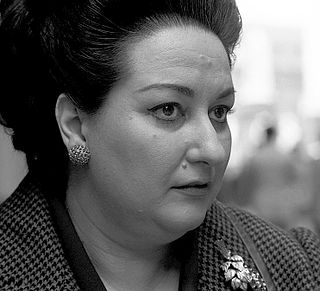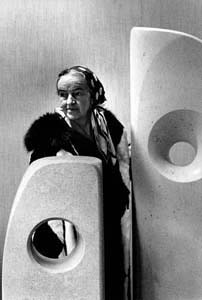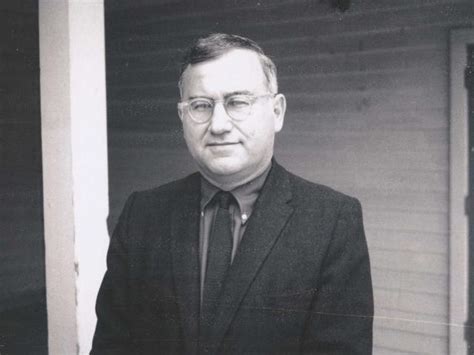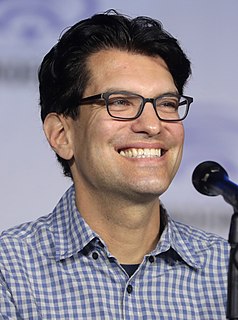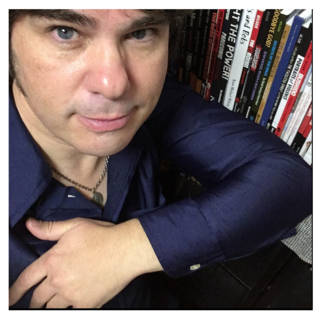A Quote by Josh Billings
Laughter is the sensation of feeling good all over and showing it principally in one place.
Related Quotes
Love is not a feeling; it's a sensation. Drinking water when you're thirsty is a sensation, not a feeling. Being in nature or swimming in the sea is a sensation, not a feeling. Lying down when you're tired is sensational, not a feeling, although you may say it feels good. Feeling is an emotional interpretation of experience and these sensations don't need interpretation; they are just good or right. Making physical love rightly is a sensation, not a feeling. So is the love of God. The same goes for joy and beauty; both are sensational.'
All my early memories are of forms and shapes and textures. Moving through and over the West Riding landscape with my father in his car, the hills were sculptures; the roads defined the form. Above all, there was the sensation of moving physically over the contours of fullnessess and concavities, through hollows and over peaks - feeling, touching, seeing, through mind and hand and eye. This sensation has never left me. I, the sculptor, am the landscape. I am the form and the hollow, the thrust and the contour.
Good is the enemy of great. And that is one of the key reasons why we have so little that becomes great. We don't have great schools, principally because we have good schools. We don't have great government, principally because we have good government. Few people attain great lives, in large part because it is just so easy to settle for a good life.
Either over neither, both over either/or, live-and-let-live over stand-or die, high spirits over low, energy over apathy, wit over dullness, jokes over homilies, good humor over jokes, good nature over bad, feeling over sentiment, truth over poetry, consciousness over explanations, tragedy over pathos, comedy over tragedy, entertainment over art, private over public, generosity over meanness, charity over murder, love over charity, irreplaceable over interchangeable, divergence over concurrence, principle over interest, people over principle.
Being offended is, in itself, an unpleasant sensation, just like pain in your mouth is an unpleasant sensation, but if you have the right amount with the right amount of food, it actually makes the food taste good. So if you have just the right combination, people will laugh despite feeling like it's wrong.
What's clarity like? Try to remember that funny feeling inside your head when you had math problems too difficult to solve: the faint buzzing noise in your ears, a heaviness on both sides of your skull, and the sensation that your brain is twitching inside your cranium like a fish on the beach. This is the opposite sensation of clarity. Yet for many people of my era, as they aged, this sensation became the dominant sensation of their lives. It was as though day-to-day twentieth century living had become an unsolvable algebraic equation.
Laughter on American television has taken the place of the chorus in Greek tragedy. In other countries, the business of laughing is left to the viewers. Here, their laughter is put on the screen, integrated into the show. It is the screen that is laughing and having a good time. You are simply left alone with your consternation.
If you sat with a pencil and jotted down all the decisions you've taken in the past week, or, if you could, over your lifetime, you would realize that almost all of them have had asymmetric payoff, with one side carrying a larger consequence than the other. You decide principally based on fragility, not probability. Or to rephrase, You decide principally based on fragility, not so much on True/False.


